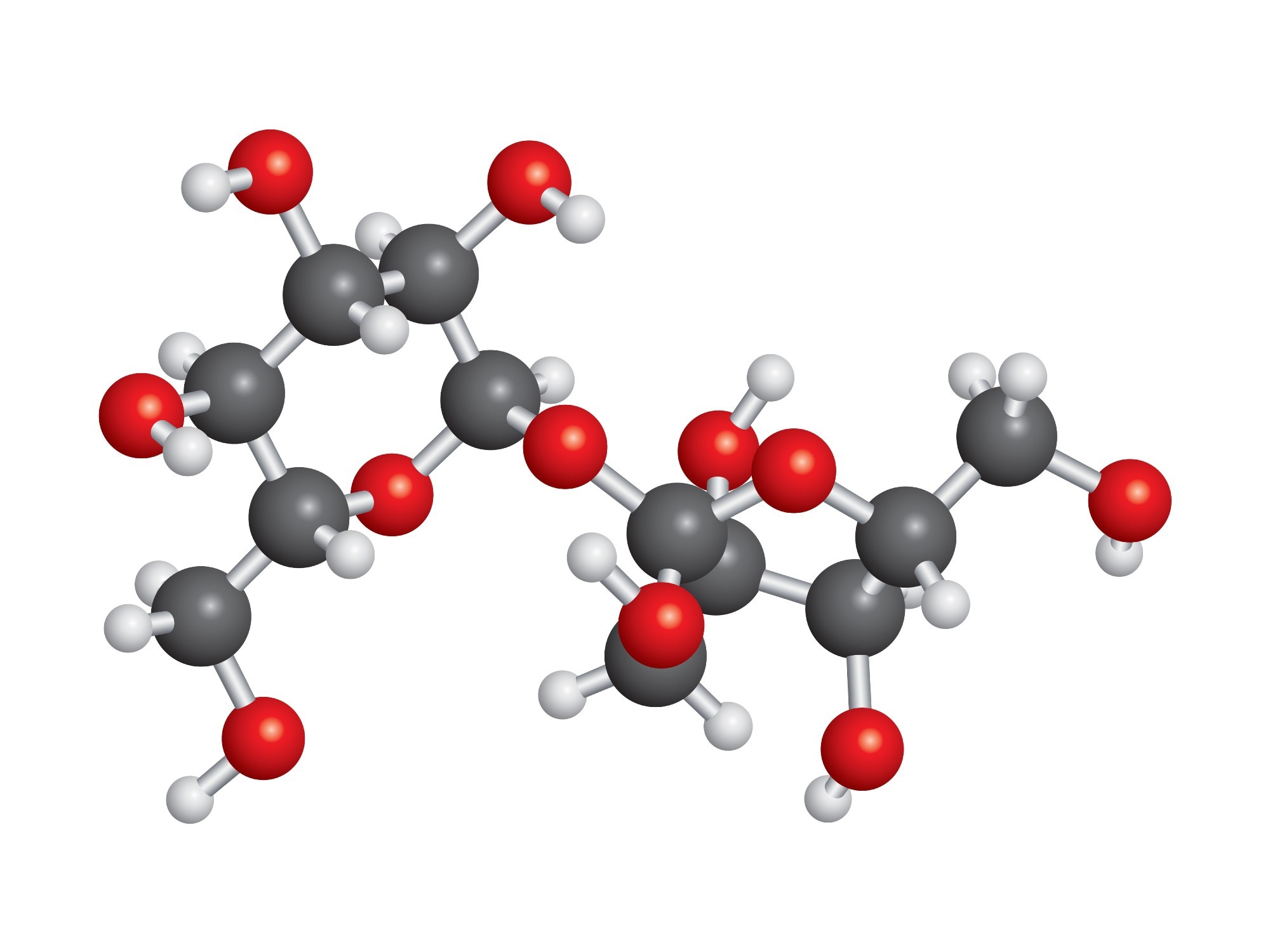Checking Out the Varied Applications and Benefits of Polymers in Different Industries
Polymers, with their varied series of residential or commercial properties and performances, have actually ended up being crucial in various industries, each gaining unique take advantage of their application. Polymers. From enhancing security and performance in the automotive field to reinventing medical devices in the medical care market, polymers play an essential role. Their environmentally friendly nature is altering the landscape of sustainability practices. As we explore the depths of polymers in electronics, we reveal innovative advancements, while their structural honesty changes the realm of construction and framework. The pervasive impact of polymers throughout industries is a testimony to their adaptability and adaptability, forming the future of many industries.
Automotive Market Applications
Polymers play a critical role in boosting the performance and durability of numerous components within the vehicle industry. These functional materials are thoroughly utilized in the production of various components, ranging from indoor elements to under-the-hood applications. One popular use of polymers in the vehicle industry remains in the manufacturing of light-weight elements. By changing traditional steel get rid of polymer-based choices, cars can accomplish improved fuel efficiency without endangering on strength or safety and security.

Health Care Market Benefits
In numerous medical care applications, the advantages of utilizing polymers are commonly identified for their varied series of useful residential or commercial properties. Polymers play a vital duty in the medical care sector due to their flexibility, biocompatibility, and cost-effectiveness. One of the key benefits of polymers in medical care is their capacity to be customized to specific demands, such as versatility, durability, and biodegradability, making them optimal for a variety of medical applications.
Polymer-based products are thoroughly made use of in medical tools, such as catheters, implants, prosthetics, and medicine distribution systems, due to their biocompatibility and capacity to resemble all-natural cells. These materials can decrease the risk of allergies or denials, boosting person safety and security and end results. In addition, polymers are light-weight, making them ideal for wearable clinical tools and ensuring person convenience.
Moreover, polymers enable the growth of innovative therapy methods, such her response as hydrogels for cells engineering and nanocomposites for targeted medicine distribution. Their convenience of handling and sterilization makes them essential for keeping high requirements of hygiene in health care settings. In general, the diverse benefits of polymers add considerably to advancements in clinical technology and individual care.
Environmental Benefits of Polymers

In addition, polymers can add to energy cost savings because of their light-weight nature. In industries such as transportation, lightweight polymer materials can help in reducing gas consumption and greenhouse gas discharges. Furthermore, polymers can make it possible for the development of energy-efficient products such as insulation materials that improve energy conservation in buildings.
Furthermore, polymers play a critical duty in reducing water pollution. The usage of polymer-based filtration systems can effectively remove pollutants and contaminants from wastewater, safeguarding water resources and ecosystems. Overall, the ecological advantages of polymers make them useful possessions in promoting sustainability and environmentally friendly practices across numerous sectors.
Polymers in Electronic Devices and Innovation
Taking into consideration the increasing demand for ingenious and sustainable remedies in modern sectors, the assimilation of sophisticated polymer technologies in the world of electronic devices and modern technology has actually arised as a pivotal strategy for driving performance and efficiency. Polymers have reinvented the electronics market by enabling the manufacturing of lighter, more versatile, and long lasting electronic devices. here are the findings From mobile phones to clinical gadgets, polymers play an important role in improving product style and functionality.
One considerable benefit of polymers in electronics is their shielding properties, which assist protect delicate digital components from ecological elements and electric interference. In addition, polymers are vital in the growth of adaptable displays, wearable modern technology, and printed electronics, supplying unlimited opportunities for creating clever and interconnected devices.
In addition, making use of polymers in digital packaging has actually led to advancements in miniaturization and thermal monitoring, improving the total performance and integrity of electronic systems. As modern technology continues to evolve, the versatility and adaptability of polymers will most certainly drive further advancement in the electronics industry, shaping the future of innovation.
Function of Polymers in Construction and Infrastructure
Polymers provide many benefits in the building and construction sector due to their flexibility, sturdiness, and cost-effectiveness. One key role of polymers in construction is their usage in layers and sealers, supplying defense versus environmental variables such as wetness, UV radiation, and rust.
Furthermore, polymers play a vital function in sustainable building and construction methods by making it possible for the growth of energy-efficient structures. Protecting materials made from polymers help control interior temperatures, lowering the need for home heating and cooling down systems and eventually lowering energy consumption. The use of polymer-based compounds in infrastructure tasks such as bridges and roads boosts their longevity and decreases upkeep costs. On the whole, the consolidation of polymers in building and framework displays their considerable effect on modern-day design practices.
Final Thought
In conclusion, polymers play a critical duty in various sectors such as automobile, healthcare, ecological, electronic devices, and building and construction. From improving fuel performance in vehicles to improving medical tools, polymers provide numerous advantages.